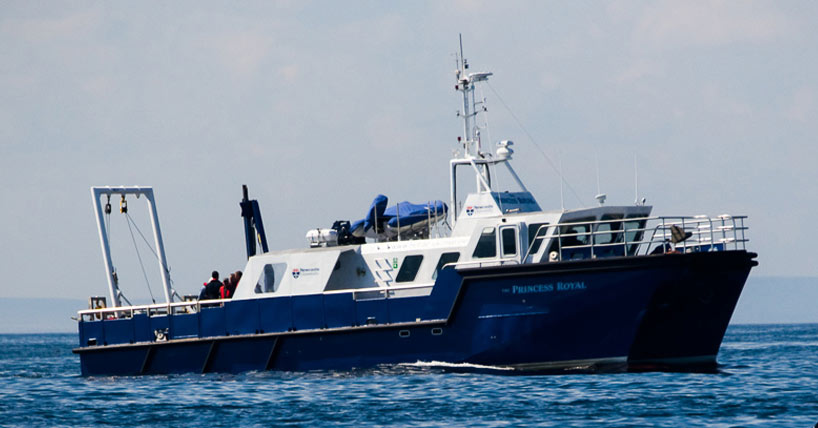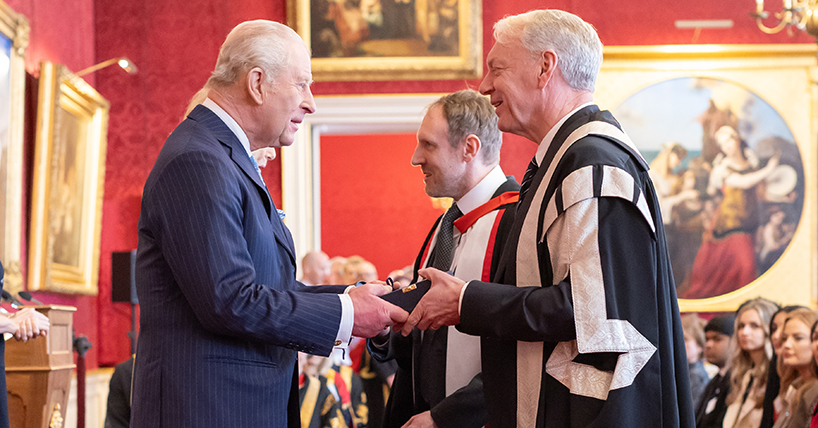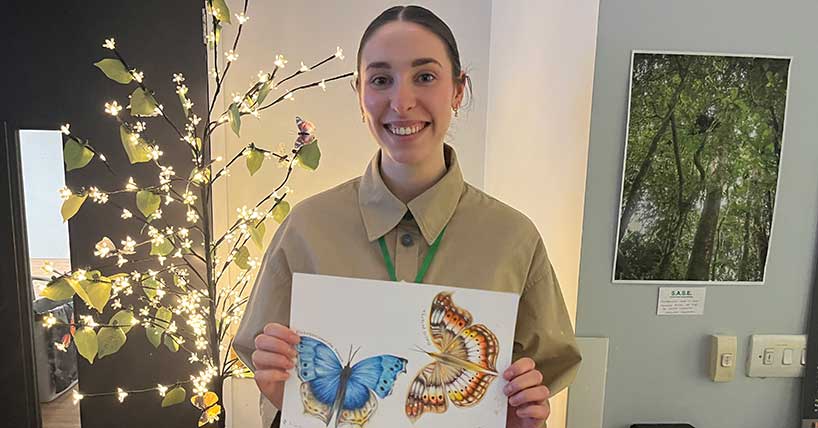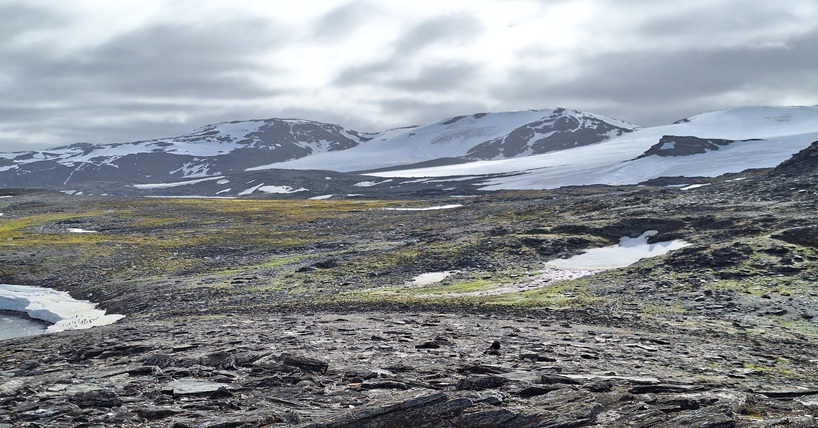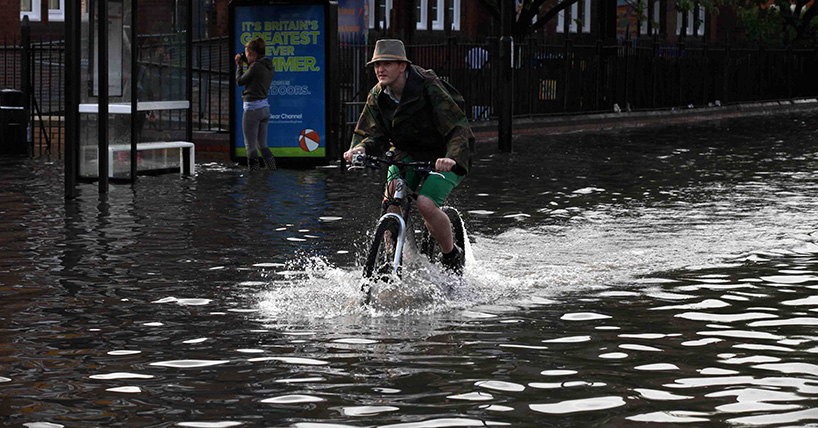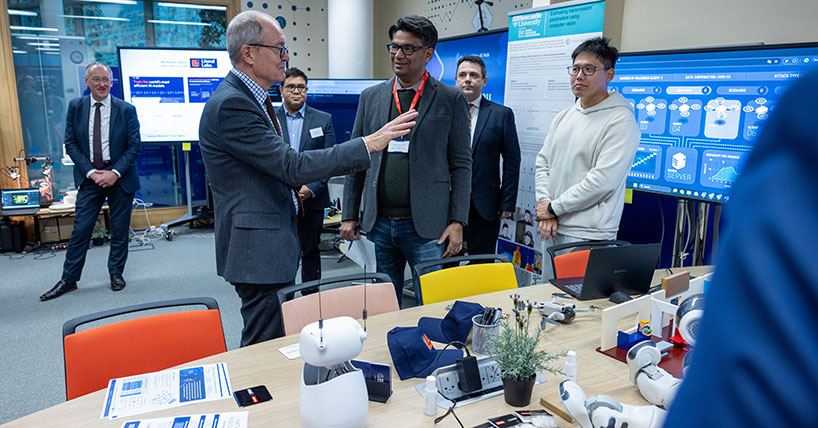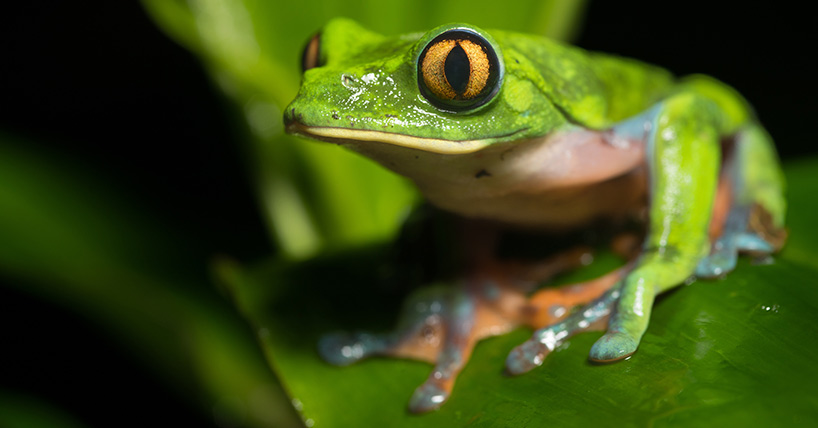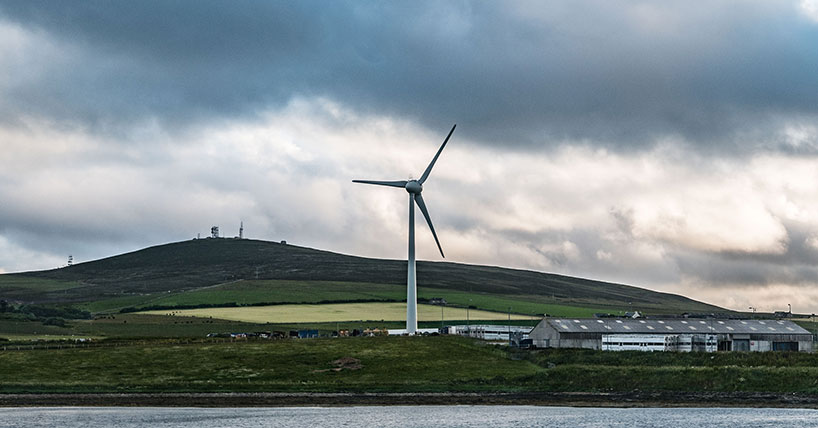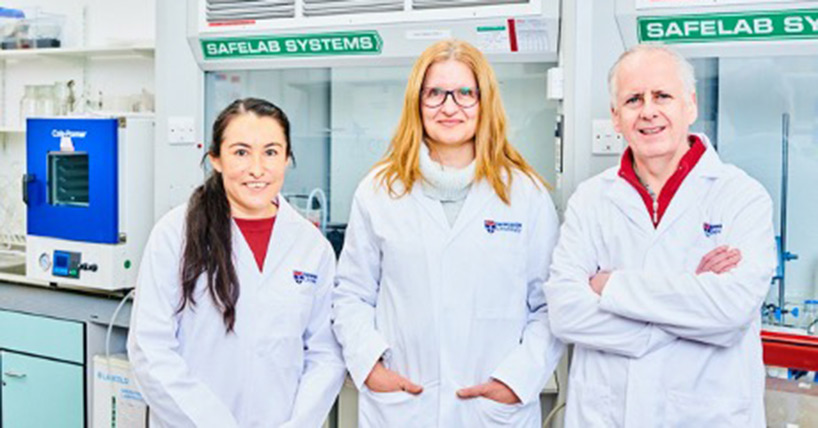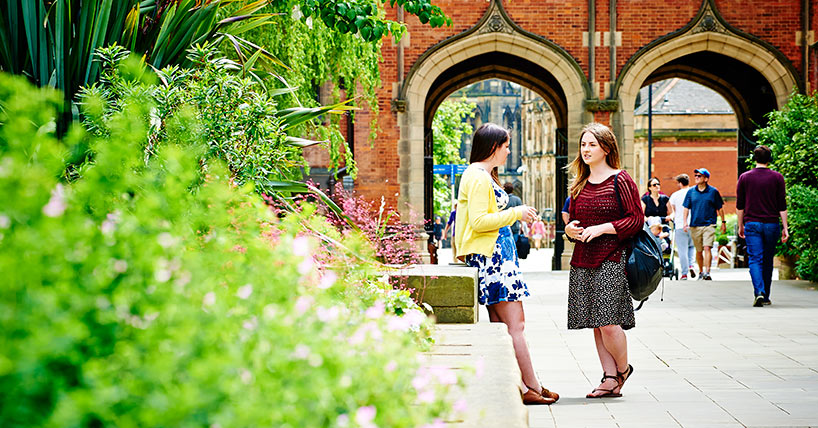News
The latest news from the Faculty of Science, Agriculture & Engineering and our Schools.
Newcastle University at the heart of Blyth Festival of Energy
Newcastle University to showcase research and innovation at the inaugural Blyth Festival of Energy.
Royal award for Dementia research
Researchers from the University transforming the understanding, diagnosis and care of people with Dementia with Lewy Bodies, have been recognised with the highest national honour for universities.
Bacteria could unlock untapped resources from wastewater
Scientists reveal how bacteria could help reclaim energy, nutrients and clean water from wastewater.
Students bring the rainforest to life at city museum
The African rainforest came to life at the Great North Museum: Hancock thanks to a Newcastle University initiative.
Research shows best- and worst-case scenarios for a warming Antarctica
A new study on the Antarctic Peninsula, led by Professor Bethan Davies, shows that the choices we make in the next decade will determine Antarctica’s fate for centuries.
Comment: How the UK is keeping flood insurance affordable – until 2039
Writing for The Conversation, experts, including Neil Gunn, ask whether the UK can use the time Flood Re is buying to reduce risk fast enough to make a fair transition possible by 2039.
Newcastle showcases AI innovation and skills to Science Minister
Science Minister, Lord Patrick Vallance, has visited the University to see how its expertise in artificial intelligence is delivering jobs, skills and economic growth across the North East and beyond.
New study maps key species threats in Costa Rica
New research has revealed the biggest threats driving species towards extinction in northern San José, Costa Rica.
UK winters become wetter as greenhouse gases rise
UK winters are becoming significantly wetter mainly due to warming driven by human burning of fossil fuels releasing greenhouse gases into the atmosphere, a Newcastle University study reveals.
Comment: Starmer on ropes amid calls for resignation
Writing for The Conversation, Martin Farr discusses the crisis engulfing the Labour Party as the leader of the Scottish Labour party calls for Keir Starmer's resignation.
Comment: true tales of love at first sight at Regency masquerade balls
Writing for The Conversation, as the most recent series of Bridgerton starts, Meg Kobza discusses three true tales of love at first sight at Regency masquerade balls.
£500,000 to strengthen energy resilience for critical North East sites
Project VOLT has entered its proof-of-concept phase, having been awarded an additional £500,000 from Ofgem’s Strategic Innovation Fund (SIF).
Twilight action could reduce light pollution’s impact on biodiversity
Newcastle experts argue that twilight should be the focus of light pollution mitigations for biodiversity.
Student launches pioneering new company with START UP support
A mechanical engineering student is turning a long-held entrepreneurial ambition into reality, launching an advanced animal health tech start-up with the support of the University’s START UP team.
Newcastle scientist recognised with L’Oréal-UNESCO Award
Dr Kezia Sasitharan has been awarded a prestigious L'Oréal-UNESCO For Women in Science Young Talent award.
Bonding smart, releasing smarter – development of a reversible glue
Newcastle University engineers are at the forefront of adhesive technology that promises to change how we recycle.
Comment: How to keep plant-based foods on the table after Veganuary
Writing for The Conversation, Andrew Walton and Johannes Kniess with Meera Iona Inglis discuss how more public institutions are providing a greater range of plant-based options.
University welcomes new UK report on strengthening spin-outs
Newcastle University welcomes the publication of a new UK Research and Innovation (UKRI) report examining how the UK can better support university spin-out and start-up businesses to thrive and grow.

